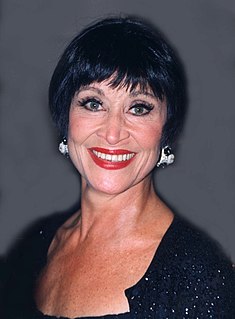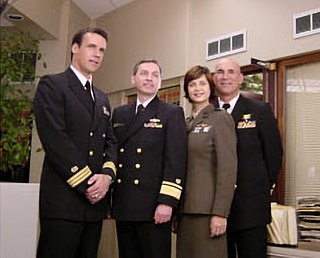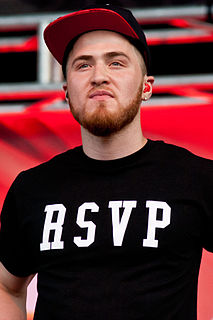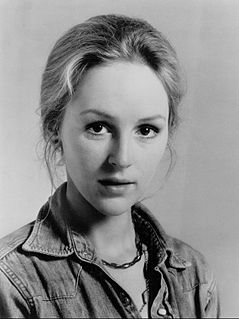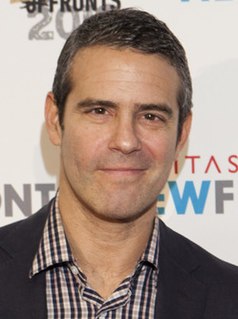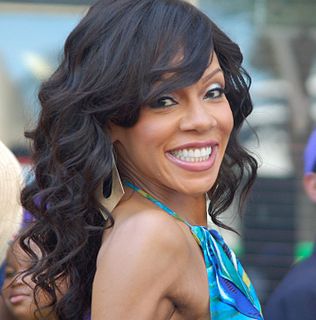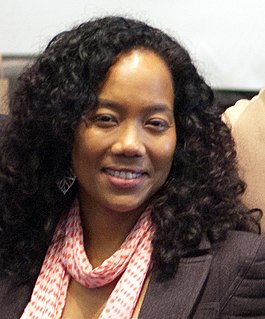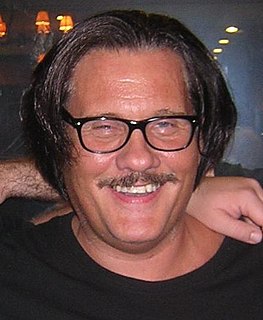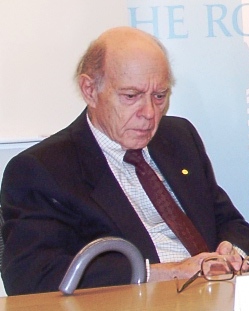A Quote by Chita Rivera
My neighborhood was a great neighborhood; it was filled with all sorts of ethnic groups and things. So I grew up thinking I was a human being.
Quote Topics
Related Quotes
If you have an all-white neighborhood you don't call it a segregated neighborhood. But you call an all-black neighborhood a segregated neighborhood. And why? Because the segregated neighborhood is the one that's controlled by the ou - from the outside by others, but a separate neighborhood is a neighborhood that is independent, it's equal, it can do - it can stand on its own two feet, such as the neighborhood. It's an independent, free neighborhood, free community.
I was really lucky to grow up in an extremely diverse neighborhood. I grew up in a city called Southfield, and it's one of the most diverse cities in the country. Just from the different socio-economic statuses and racial and ethnic groups I was around, I was around all different types of music from the beginning.
Such poverty as we have today in all our great cities degrades the poor, and infects with its degradation the whole neighborhood in which they live. And whatever can degrade a neighborhood can degrade a country and a continent and finally the whole civilized world, which is only a large neighborhood.
